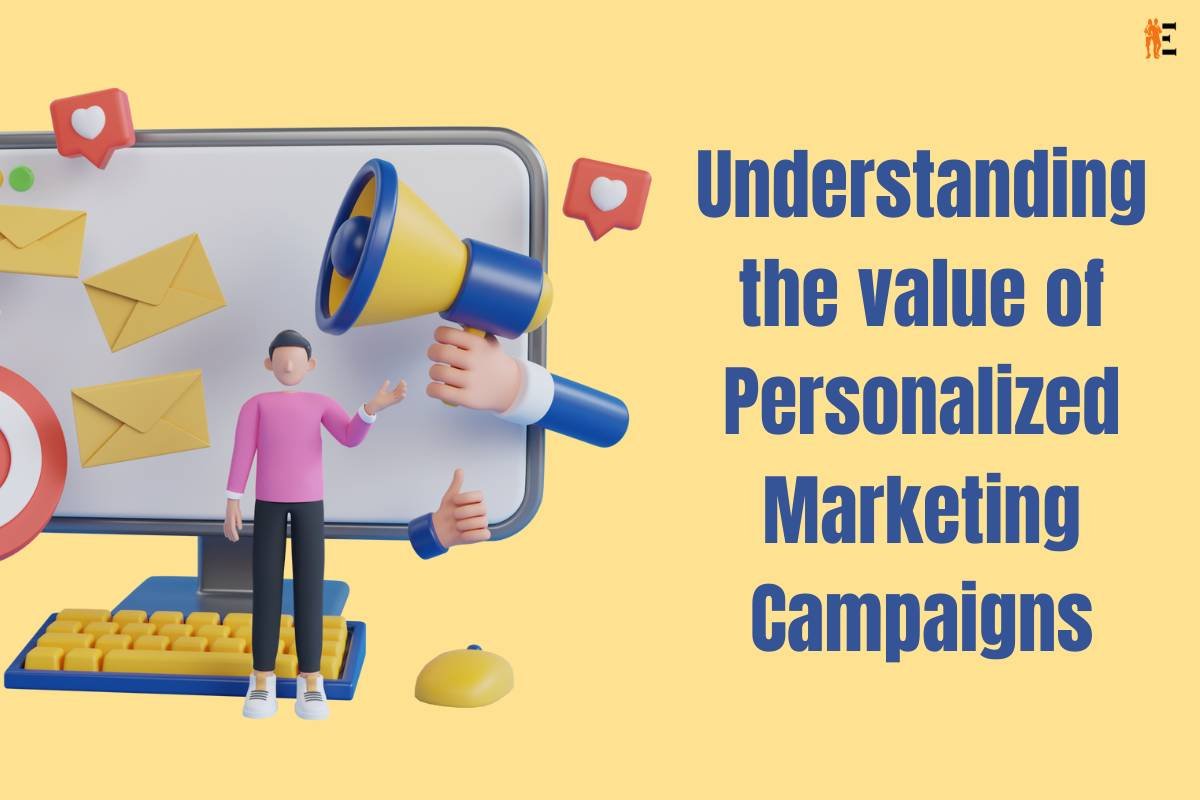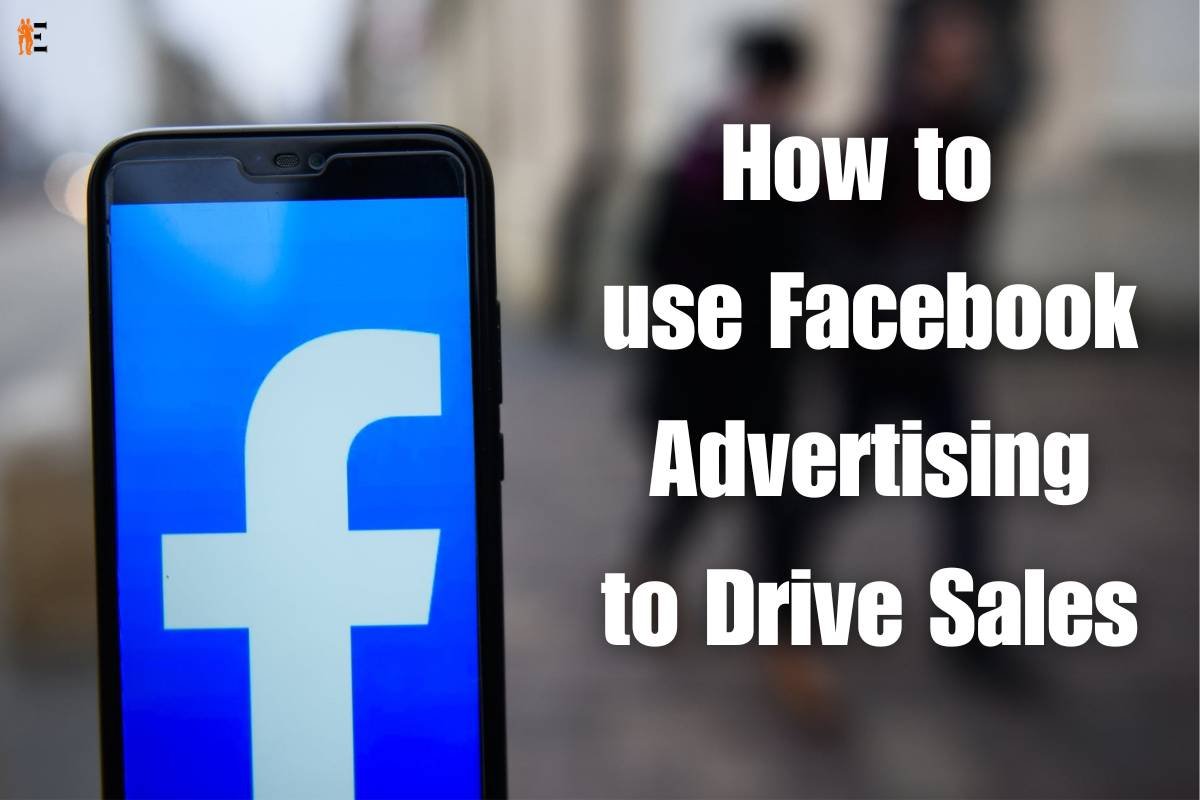Various organizations are turning towards marketing campaigns that are specialized for them and have a personal touch. The value they generate for the customers or prospects is what drives the revenue or sales figures. Personalized marketing campaigns can be anything from sending cold emails to sending push notifications to a targeted customer base. It is a type of marketing that relies heavily on data. The data-driven approach lets the marketers identify patterns in customer buying pattern and they have a chance to nurture their leads through the same. The overall approach method via the personalized marketing campaigns should be such that the customer gets attracted and engages with the way he/she is approached.
As said by experts, it is a way of reaching the right people at the right time at the right place, and in the right form. Digital technology helps in decision-making in a great way. The collected data, analytics, and consistency help to make decisions worth crores of rupees.
Here we are to throw some light on Understanding the value of Personalized Marketing Campaigns:
1. Realizing the Importance of Personalized Marketing Campaigns
Connecting with Individual Consumers: Generic, one-size-fits-all marketing messages often fail to resonate with consumers. Personalized marketing campaigns recognize the unique preferences, behaviors, and needs of individual customers, allowing brands to connect with them on a personal level.
2. Enhancing Customer Engagement
Personalization encourages customer engagement and interaction. When consumers receive content or offers tailored to their interests, they are more likely to respond, whether it’s clicking on an email, visiting a website, or making a purchase. Putting out content with the intent to engage the customers with the brand is vital as the customers will remember the brand.
3. Building Customer Loyalty

By demonstrating an understanding of customers’ preferences, brands can foster loyalty. Consumers are more likely to remain loyal to brands that make them feel valued and understood. Providing additional benefits with the purchase or any customized offers will mak the consumers happy and they come back to the brand. It enhances customer loyalty and retention too.
4. Improving Conversion Rates
Personalized marketing campaigns often lead to higher conversion rates. When customers receive relevant recommendations or offers, they are more likely to convert from potential leads to paying customers. The relatability and relevancy goes a long way when conversion rates are considered.
Methods of Implementing Personalized Marketing Campaigns:
1. Data Collection and Analysis:
Organizations collect data on customer behaviors, preferences, and demographics. This data is then analyzed to gain insights into customer segments and individual preferences.
2. Segmentation:
Based on the insights gained from data analysis, organizations segment their audience into smaller, more specific groups. This allows for targeted messaging and offers.
3. Personalized Content:
Brands create content that is tailored to the interests and needs of specific customer segments. This includes personalized email marketing, product recommendations, and content on websites and social media.
4. Dynamic Website Content:
Websites can display different content and offers to visitors based on their previous interactions and preferences. For example, an e-commerce site might show personalized product recommendations.
5. Behavioral Targeting:
Brands use information about customers’ online behavior to deliver personalized ads. For instance, if a customer has recently searched for hiking boots, they may see ads for outdoor gear.
Increasing Sales Figures through Personalized Marketing Campaigns

1. Higher Conversion Rates:
As mentioned earlier, personalized marketing campaigns lead to higher conversion rates. When customers receive offers and recommendations that align with their interests, they are more likely to make a purchase.
2. Cross-Selling and Upselling:
Personalized marketing allows organizations to suggest related or higher-value products to customers. This can lead to increased sales revenue as customers are enticed to add more items to their carts.
3. Reducing Cart Abandonment:
Personalized reminders, such as abandoned cart emails with product recommendations, can help recover potentially lost sales.
4. Repeat Purchases:
By maintaining a connection with customers and understanding their preferences, brands can encourage repeat purchases. Loyalty programs and personalized offers play a crucial role in this.
5. Customer Lifetime Value:
Personalized marketing can increase the lifetime value of a customer by fostering loyalty and encouraging them to make multiple purchases over time.
Importance of Strategizing Personalized Marketing Campaigns
1. Alignment with Brand Objectives:
Strategizing ensures that personalized campaigns align with the brand’s overarching goals and messaging. This prevents the risk of sending conflicting or off-brand messages to customers.
2. Data Security and Privacy:

Effective strategies include measures to protect customer data and ensure compliance with privacy regulations such as GDPR and CCPA. Mishandling of data can lead to costly legal issues and damage to the brand’s reputation.
3. Resource Allocation:
Strategizing helps organizations allocate resources effectively. It ensures that personalization efforts are focused on areas that provide the greatest return on investment.
4. Testing and Optimization:
A well-thought-out strategy includes a plan for continuous testing and optimization of personalized campaigns. This ensures that campaigns evolve to meet changing customer preferences and market trends.
5. Scalability:
As organizations grow, they must be able to scale their personalized marketing efforts. A strategic approach enables the development of scalable processes and technologies.
Conclusion:
In conclusion, personalized marketing campaigns have become a cornerstone of modern marketing strategies. Brands have recognized the value of connecting with individual consumers, enhancing engagement, building loyalty, and ultimately driving sales through personalized approaches. The methods of implementation, such as data analysis and behavioral targeting, have become integral to achieving these goals. However, it’s crucial to remember that the success of personalized marketing campaigns hinges on thoughtful strategizing. A well-executed strategy ensures alignment with brand objectives, data security, resource optimization, and scalability, all of which are critical for achieving long-term success in the world of personalized marketing campaigns.











